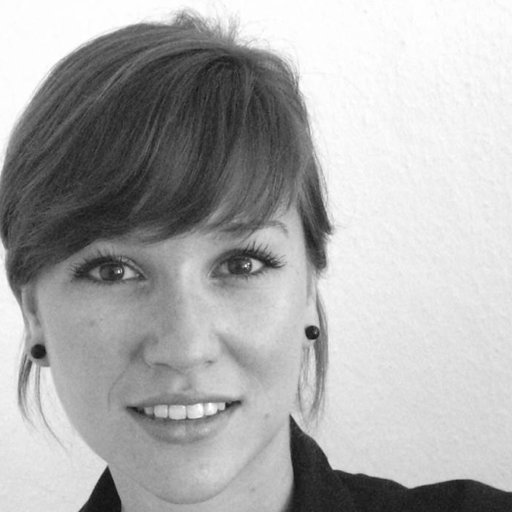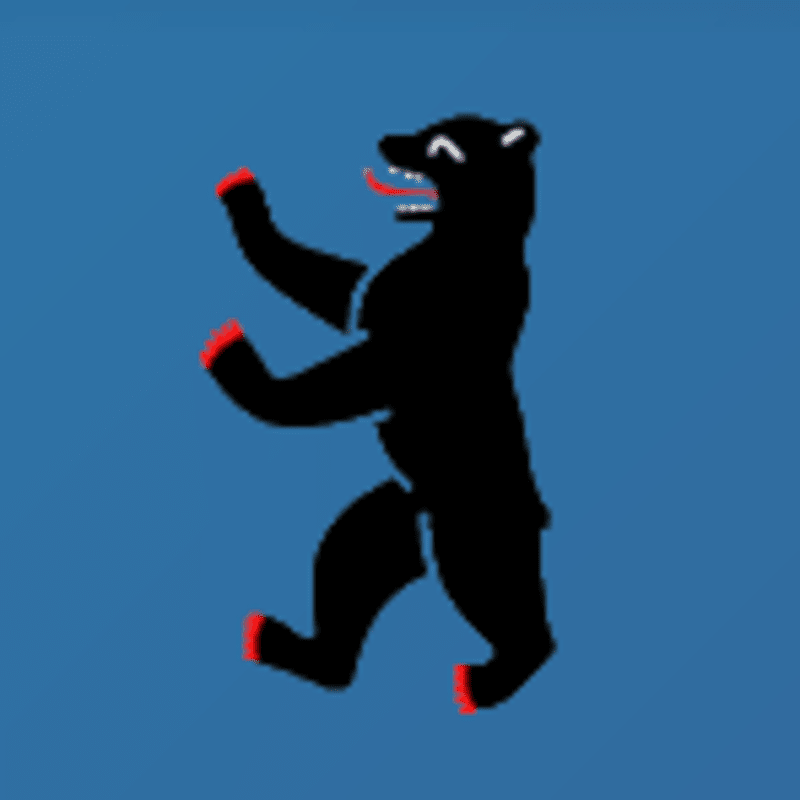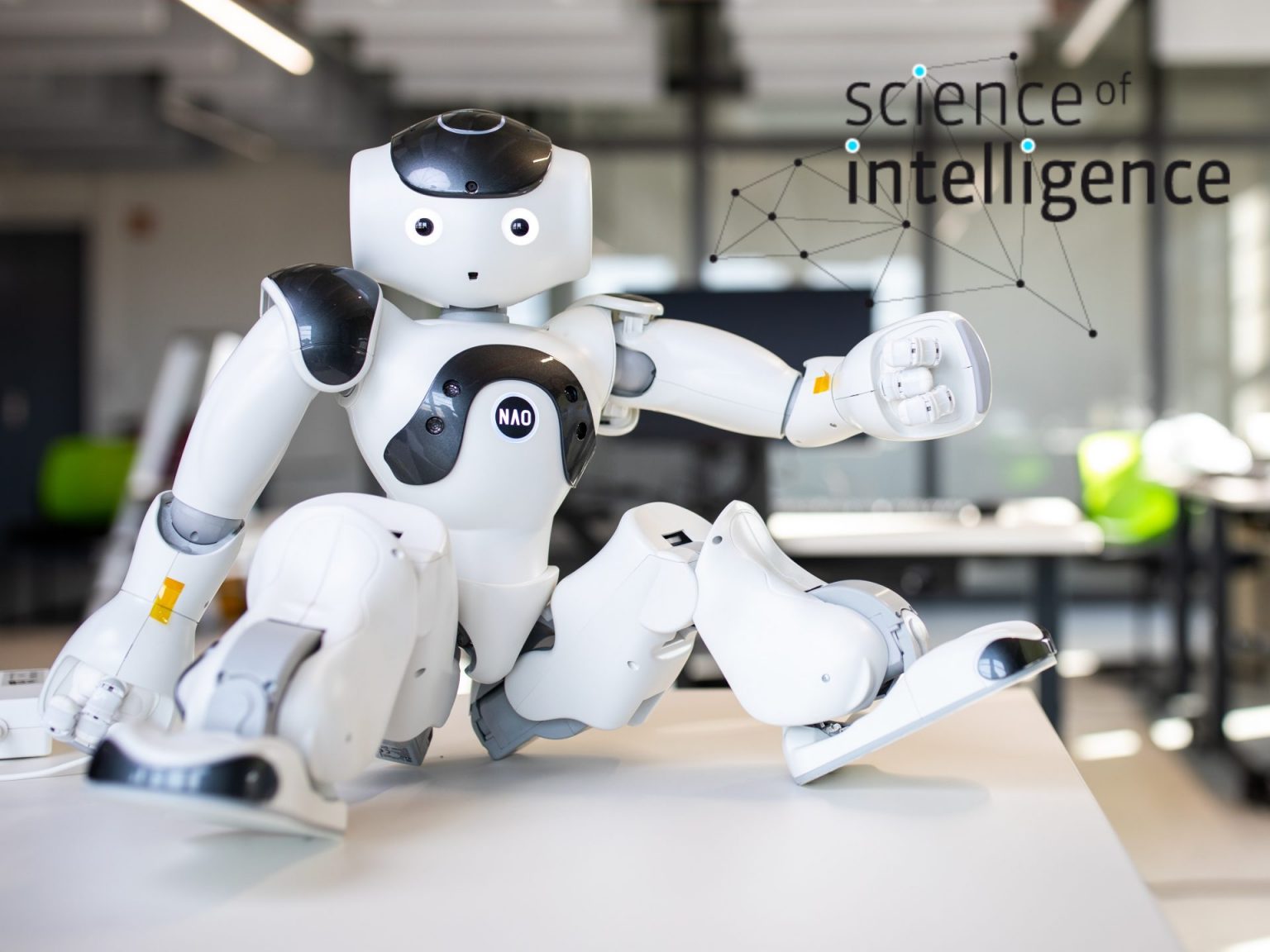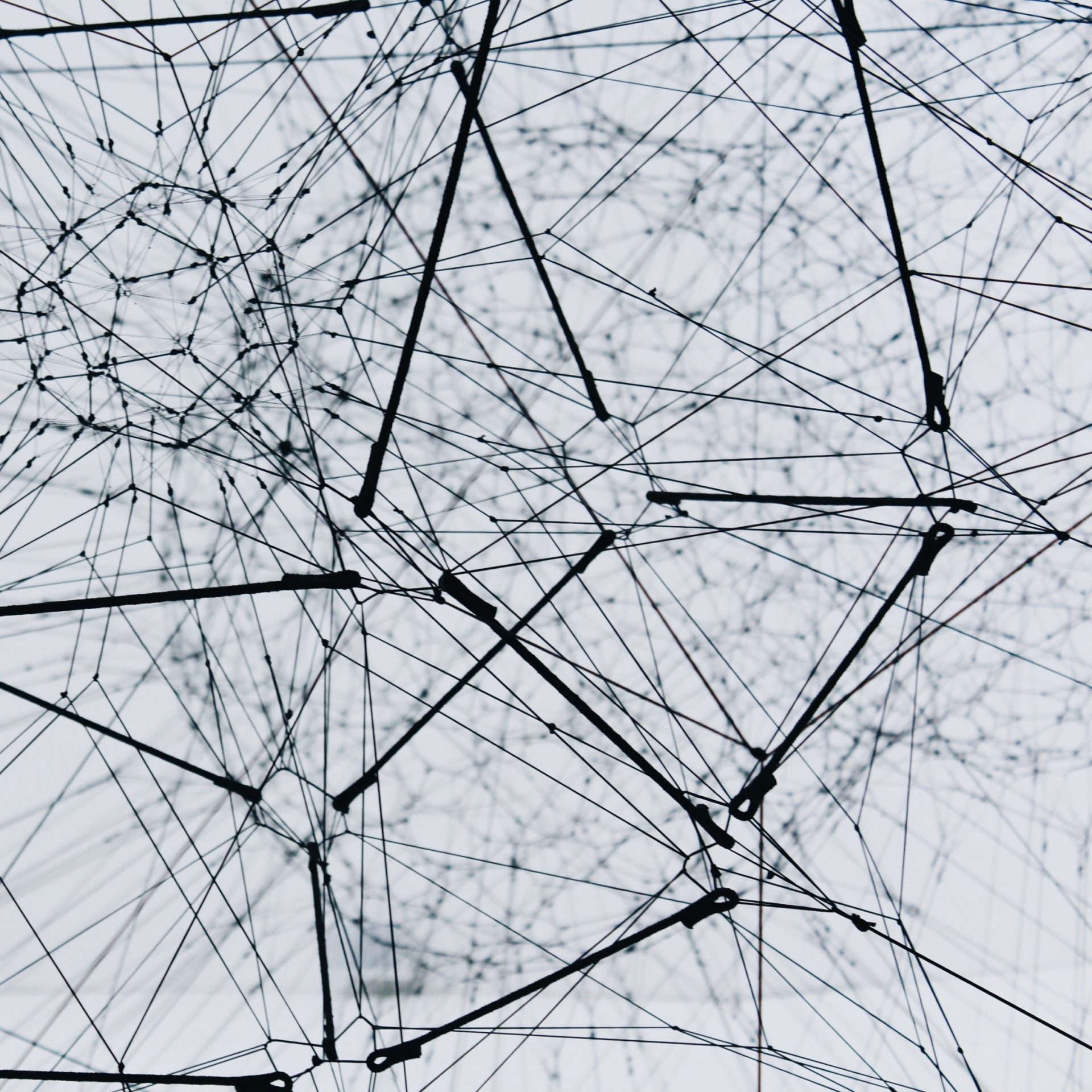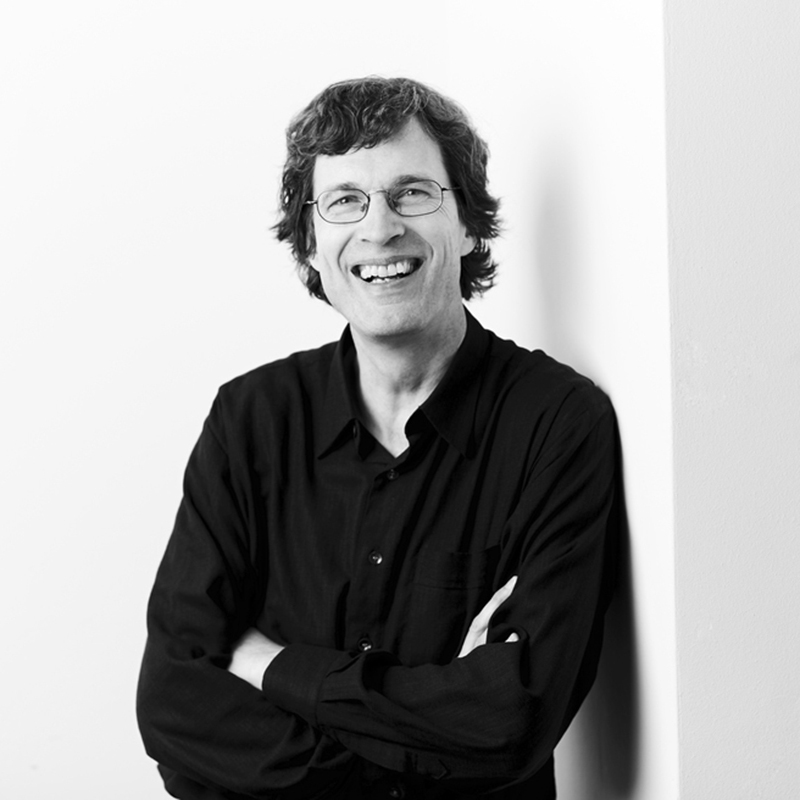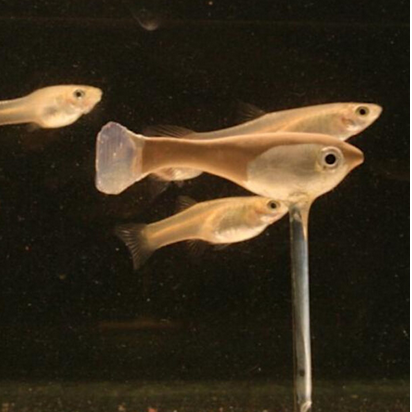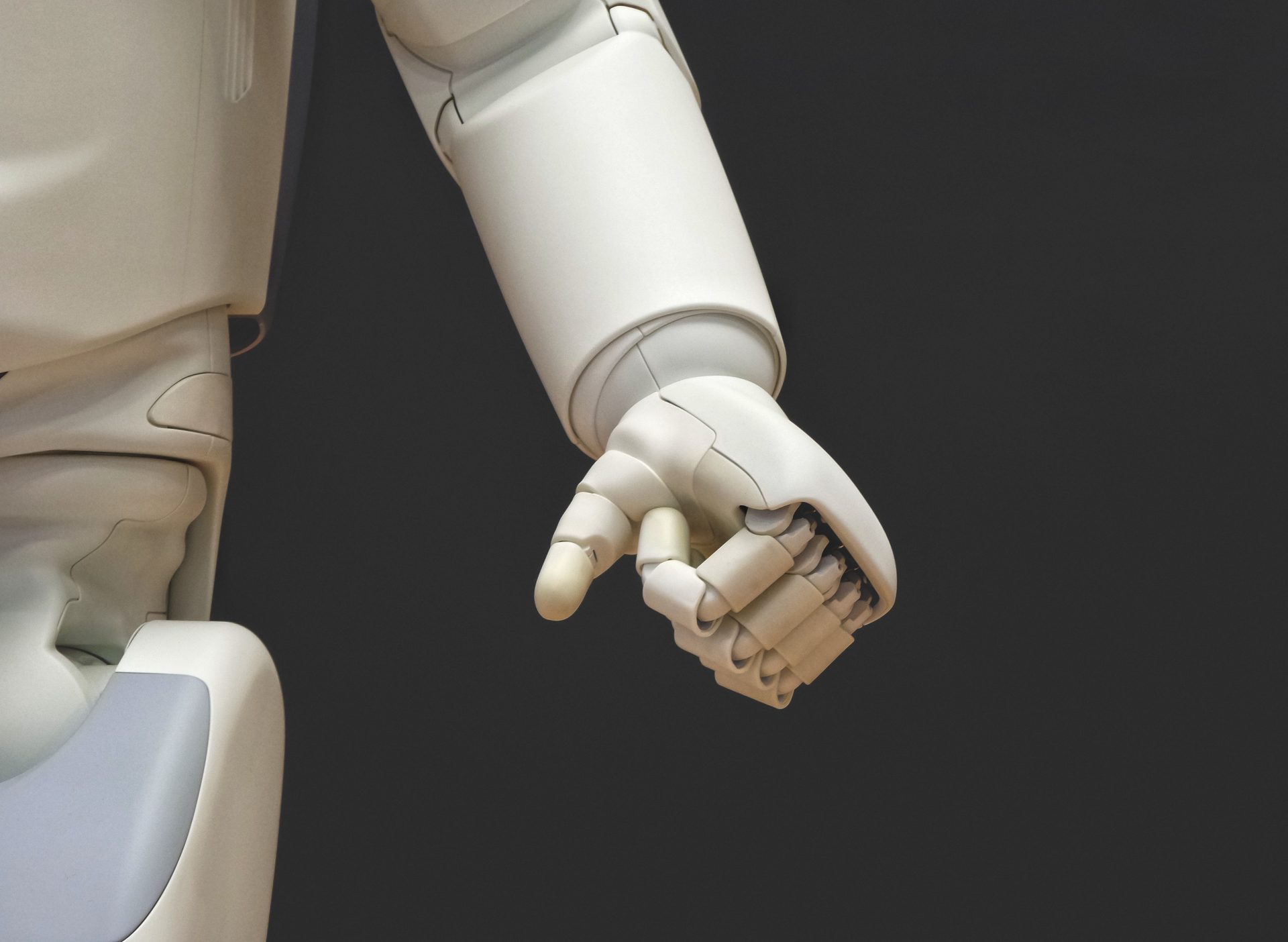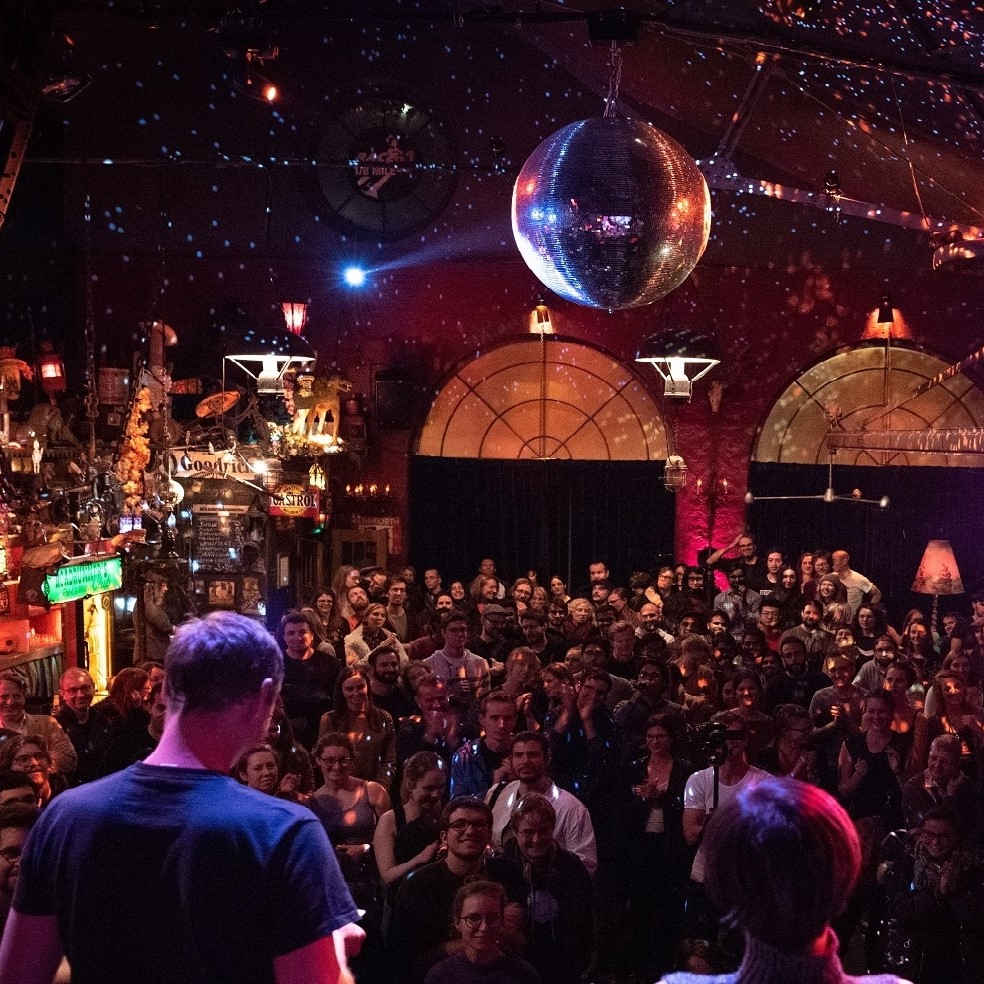Linda Onnasch (HU), “Effects of Anthropomorphism on Trust and Behavior in Work-Related HRI”
Abstract: Anthropomorphic robot features are intended to trigger the activation of social scripts from human-human interaction, thereby offering an intuitive approach to interact with robots. Whereas this seems to be a valid design option for the social domain leading to an increased acceptance of robots, trust and willingness to interact, other domains of human-robot interaction
